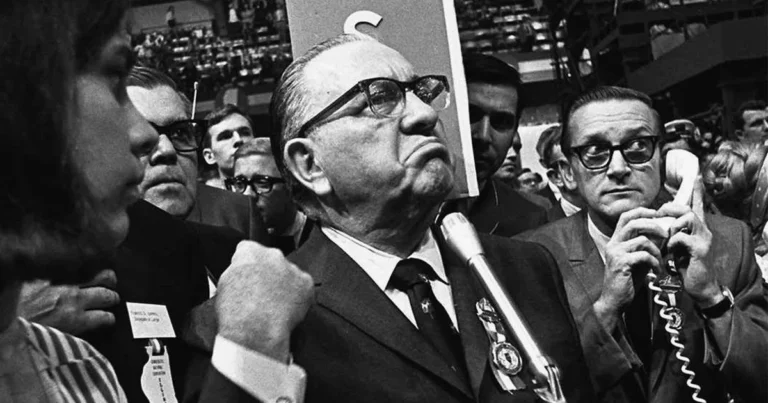The Weekend That Never Ends: Is the 3-Day Workweek Our Future?
My personal experience in fast food taught me the true meaning of exhaustion. Long hours, inconsistent schedules, and the constant pressure to be “on” left little room for anything else. That’s why when I stumbled upon a YouTube short featuring a Chick-fil-A in Miami that actually implemented a three-day workweek, my jaw practically hit the floor. The owner, Justin Lindsey, noticed his employees coming in “more energized and motivated” and saw a boost in retention and job applications. This wasn’t some far-fetched fantasy; it was happening!
And the data backs it up. This isn’t just about feeling good (though, let’s be real, that’s a huge part of it!). Studies and real-world trials are showing tangible benefits for both employees and businesses.
The Power of More Time Off:
- Boosted Well-being & Job Satisfaction: Research consistently shows that a shorter workweek dramatically improves employee well-being. Trials in the UK found that 78% of employees felt happier and less stressed after switching to a four-day workweek, with a 39% decline in stress levels. Imagine what an extra day could do! Employees report better mental and physical health, less burnout, and a stronger sense of work-life balance.
- Increased Productivity: Counterintuitive, right? But it’s true! Companies like Microsoft Japan, which implemented a four-day workweek, reported a whopping 40% boost in productivity. The logic is simple: when employees have more time to rest and recharge, they return to work refreshed, focused, and ready to tackle their tasks more efficiently. One study even found that 45% of full-time workers believe they could accomplish their work in five uninterrupted hours each day, suggesting that longer hours don’t always equate to more output.
- Higher Retention & Attraction of Top Talent: In today’s competitive job market, flexibility is a golden ticket. A significant number of employees (79%, according to one survey) consider flexible work schedules extremely important. Companies offering a shorter workweek become incredibly attractive to potential candidates, and existing employees are more likely to stay, reducing costly turnover. For example, a UK trial saw a 57% drop in employee turnover.
- Environmental Benefits: This one’s a bonus! Fewer commuting days mean a smaller carbon footprint. A UK study estimated that a shift to a four-day workweek could reduce emissions by 127 million tons annually—equivalent to taking 27 million cars off the road.
While the Chick-fil-A example shows longer shifts on the three working days, the core idea remains: prioritizing employee well-being leads to a more motivated, productive, and loyal workforce. For someone who’s personally felt the strain of demanding jobs, the thought of a three-day workweek for everyone isn’t just a dream – it’s a practical, beneficial, and entirely achievable future. It’s time we stopped working ourselves to the bone and started living a little more. After all, isn’t that what life’s truly about?












+ There are no comments
Add yours